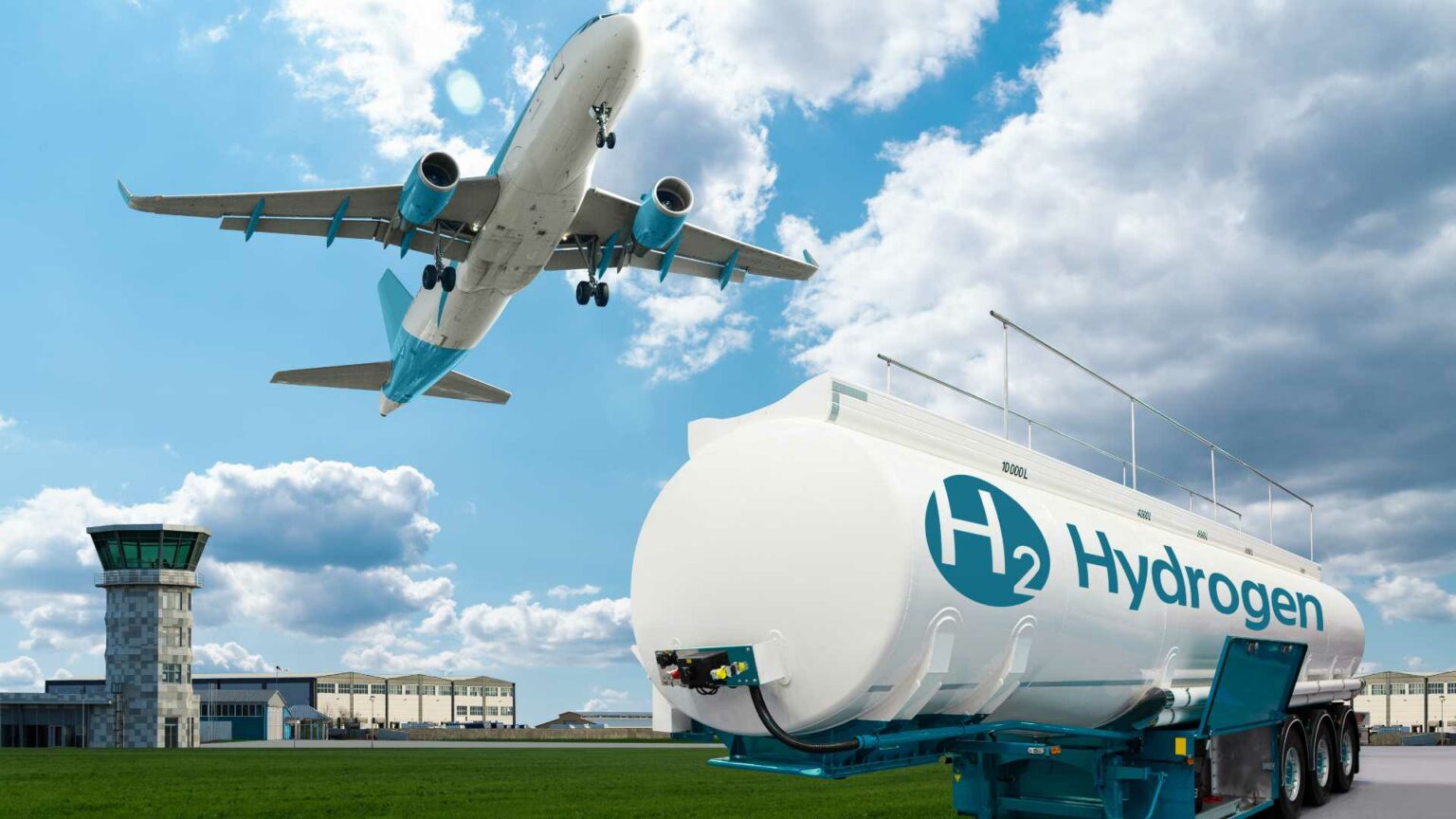UAE-based Masdar is investigating hydrogen as a promising alternative fuel. With the growing need to reduce carbon emissions from air travel, experts at Masdar are developing new methods and technologies to harness hydrogen’s potential. Their exploration into hydrogen energy could revolutionize the industry, offering a viable solution for reducing the environmental impact of flying.
Transitioning to hydrogen-based air travel presents significant challenges. Current aircraft and infrastructure must undergo extensive modifications to accommodate hydrogen storage and usage. However, Masdar is confident in overcoming these obstacles through innovative engineering solutions and continued research and development. Their commitment to sustainability drives their efforts to make green air travel a reality.
Hydrogen-powered aircraft offer considerable environmental advantages. Unlike traditional jet fuel, hydrogen combustion produces no carbon emissions, only water vapor. This transition could drastically reduce the aviation industry’s carbon footprint, aligning with global climate goals. By investing in hydrogen technology, Masdar aims to create a more sustainable future for air travel.
Collaborative Efforts
Masdar is not alone in this endeavor. To advance hydrogen technology, Masdar collaborates with international aviation authorities, research institutions, and engineering firms. These partnerships are crucial for sharing knowledge, resources, and expertise, accelerating the development and implementation of hydrogen-powered aviation solutions.
A Vision for the Future
The potential for hydrogen in the aviation industry is vast, and Masdar’s initiatives are paving the way for a greener future. As research and technology progress, the dream of zero-emission air travel becomes increasingly attainable.
